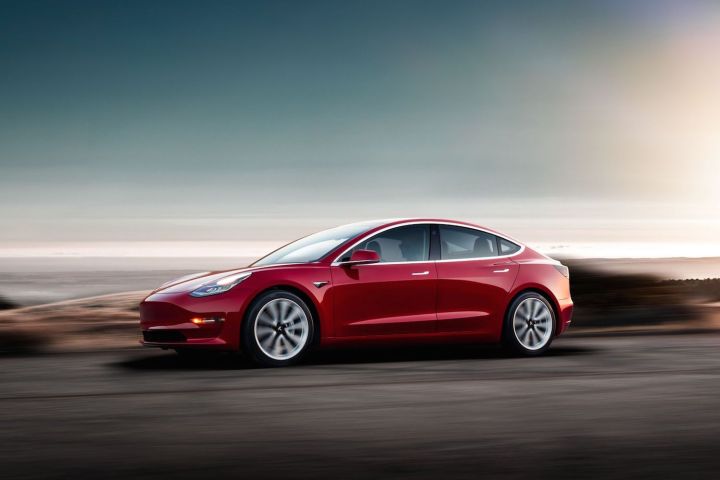
California-based Tesla is taking a number of measures to cut its operating costs and boost Model 3 production in the coming year. Company co-founder and CEO Elon Musk wrote a letter to announce Tesla is trimming about seven percent of its workforce, and he announced the end of the referral program that rewards owners who help the firm sell cars.
“We unfortunately have no choice but to reduce full-time employee headcount by approximately seven percent (we grew by 30 percent last year, which is more than we can support) and retain only the most critical temps and contractors,” Musk explained in the letter, which was sent to employees and posted on the company’s official blog. He added Tesla faces many challenges as it tries to make its lineup of electric premium cars cost-competitive with comparable gasoline-powered models made by bigger, better-established automakers. It’s more expensive to develop and build an electric powertrain than a straight-six engine and an automatic transmission, which gives competitors like BMW and Mercedes-Benz a clear pricing advantage.
The gradual phase-out of the federal tax incentives that new Tesla buyers are eligible for complicates the situation for the relatively young automaker. The full, $7,500 incentive expired in late 2018 as Tesla crossed the 200,000-car threshold. It will again drop in half to $1,875 on July 1, and it will completely expire at the end of 2019. This makes Tesla’s downward expansion into a more affordable price bracket a necessity. “Our products are still too expensive for most people,” Musk admitted in his letter.
As it trims its workforce, Tesla will need to increase production of the Model 3, its entry-level model, while making what its top executive referred to as many manufacturing engineering improvements. The company needs to make these changes in order to sustainably and profitably build the long-promised, $35,000 version of the Model 3 and reach more buyers in the United States and abroad. That’s a tall order. “The road ahead is very difficult,” the executive wrote.
The Tesla customer referral program will end on Feb 1. If you want to refer a friend to buy a Tesla & give them 6 months of free Supercharging, please do so before then.
— Elon Musk (@elonmusk) January 17, 2019
Musk announced the end of the referral program on his personal Twitter account. Customers who want to take advantage of it need to place their order by February 1. In a follow-up tweet, Musk explained the program is coming to an end because “it’s adding too much cost to the cars, especially the Model 3.” He clarified that Tesla will not launch a similar program down the road.
The competition is heating up, too. Though Musk didn’t address this in his letter, Tesla’s rivals are preparing to fire back, and a number of electric models from bigger automakers are scheduled to hit the road in 2019. Audi will notably start delivering its electric E-Tron SUV, and Porsche will release a Model S-fighting sedan named Taycan before the end of the year. At the other end of the spectrum, Nissan released a new variant of the second-generation Leaf named e+ with up to 226 miles of range.



